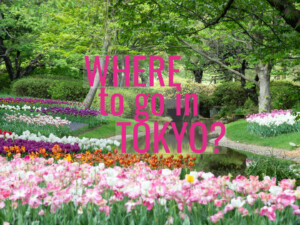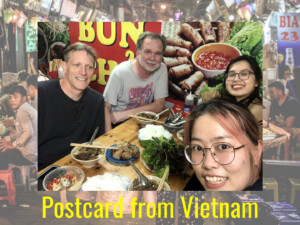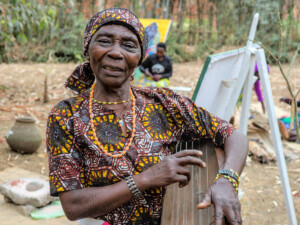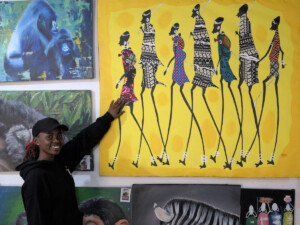Sierra Leone changed my life
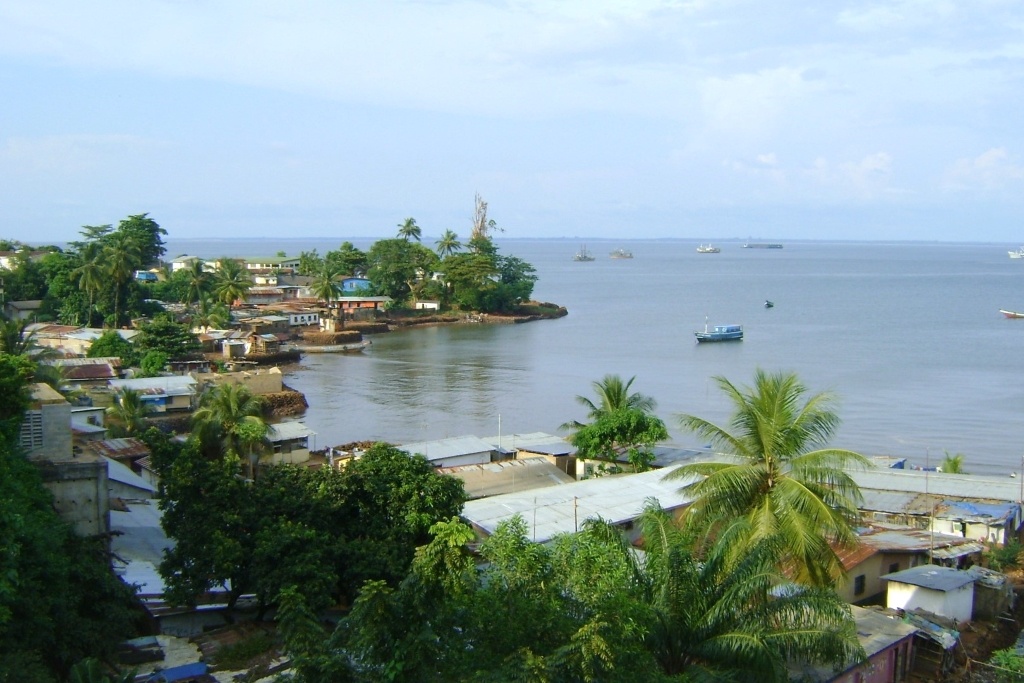
Sierra Leone changed my life.
It was 2011. My friend Su was working in Freetown. Christina, Heather, and I decided to visit her in November of that year.
November is the worst month to live in Vancouver. Being pretty broke at the time, we took a bus down to the airport in Seattle — flights are cheaper in the US — and spread out our sleeping bags in the Seatac airport chapel to spend the night. Three long flights later we landed at our destination and took the late ferry across the bay to Freetown.
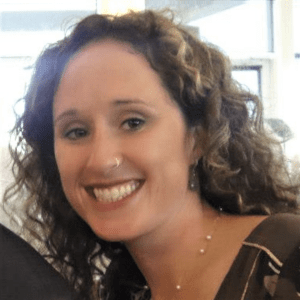
The inside track
Meghan Muldoon is an assistant professor in the School of Community Resources & Development at Arizona State University now working at Hainan University — Arizona State University Joint International Tourism College in Hainan, China.
Sierra Leone’s capital and largest city, Freetown, is a bustling, colourful metropolis pervaded by the scent of the ocean and the ubiquitous food stalls.
Motorbikes are everywhere. The story goes that once the civil war ended in the 1990s there were hundreds of child soldiers with no families and few prospects. The solution to this problem was found in a gun buy-back program, where the young men would turn in their guns for US$250 each. Many used the proceeds to buy themselves a motorcycle, providing them with careers as motorcycle taxi drivers.
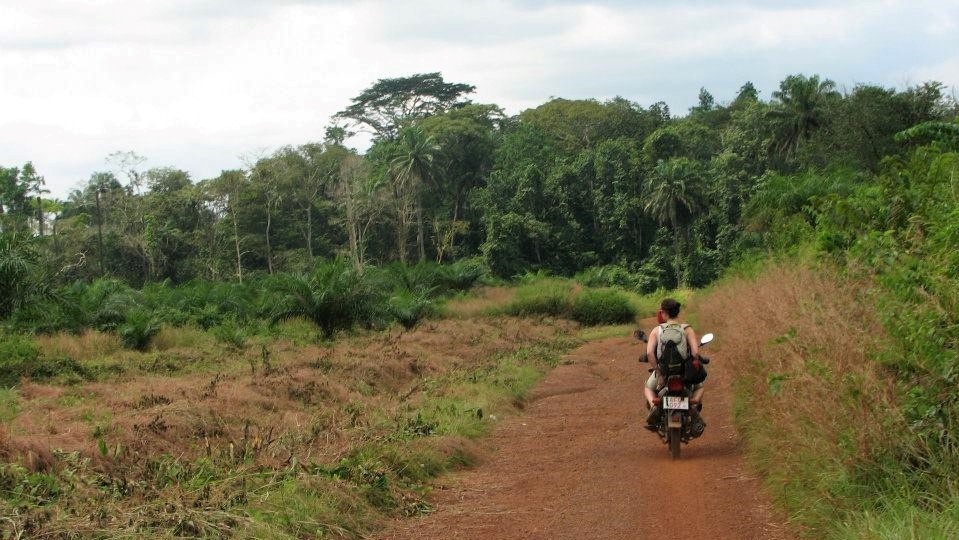
Motorcycle taxi is the best way to get around in Freetown, as they can weave through the mad traffic. As a bonus you can chat with your driver the whole ride and learn about their lives and their country. You can also hire motorcycle taxis to get you out of town. That’s how we got to Bureh Beach for its surf.
Michael Tucker, the beach manager according to the business card he handed us, met us upon our arrival. A tall and handsome young man, Michael was from the nearby fishing village which had few employment prospects. He had taken it upon himself to build two thatched huts on the beach and was in the process of digging a toilet.
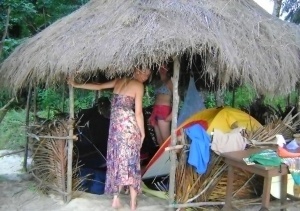
We sat down with Michael and negotiated our stay: Three nights on the beach, bottles of cold beer, a canoe ride to the island where we could snorkel and see turtle eggs, and breakfasts and dinners prepared for us by the ladies in the village. Michael also hired several small boys from the village to watch over our belongings while he took us on daily excursions. In this way, he created incomes for many households in the village and also ensured our safety while we were there.
The beach was glorious. We surfed, we sunned, we swam with phosphorescence, and we danced to “Chop My Money” with other beachgoers. (“Chop My Money” by P‑Square of Nigeria was the song of the summer in West Africa that year.)
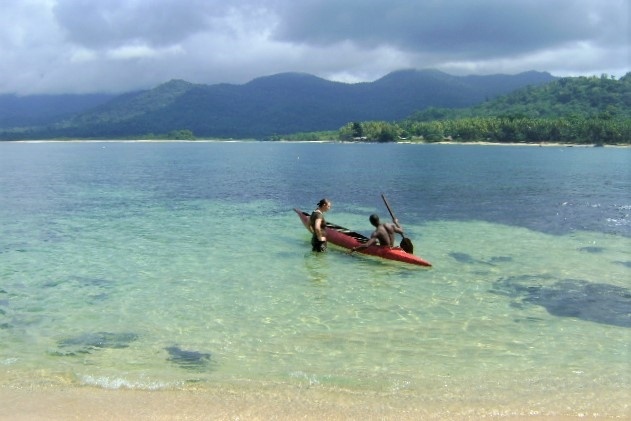
We had many other adventures in Sierra Leone, including a trip to Tiwai Island to look for pygmy hippos. And we undertook an epic motorcycle ride through the countryside to spend time in Rogbonko village. They had built a small tourists’ hut and now run tours to fund their primary school.
Christina perhaps captured the whole Sierra Leone experience best in the video that she put together after our trip:
This Sierra Leone trip changed my life in that it led me for the first time to question the role that tourism plays in improving people’s lives and livelihoods.
I felt then that my friends and me had a net positive impact. With our small travel budgets we put more money directly into more people’s hands than I had ever seen flow through ‘official’ tourism channels. And I saw people, like Michael, creating livelihoods for themselves based on what they had at hand.
Ten years and a PhD in tourism later, I am much more critical of tourism, especially in countries that are poor. That said, being able to travel so intimately with the motorcycle drivers, to eat the food prepared by the village women, and to learn to cook from a village elder, are experiences that will never leave me. They changed my life.
If you get the chance, get out there, step out of your comfort zone, and make some human connections that may change the way you view the world.
They may change your life.
Featured image (top of post): Waterfront view in Freetown, Sierra Leone. © Meghan L Muldoon. “In Freetown we stayed in a couple of little rooms above a coffee shop popular with aid workers.”
Where is this?
Bureh Beach is south of Freetown, along the Peninsular Highway in Sierra Leone.
According to Meghan and friends, Michael Tucker, the ‘beach manager’, is now the chief of Bureh Village, which runs the Bureh Beach Surf Club. Tel/WhatsApp: +232 30 258597 or +232 30 085732.
The club is “an example of a tourism initiative supporting livelihoods” Dr Muldoon said.
Similarly, the Rogbonko Village hut and tour were started to fund the school.
The friends also visited the Tacugama Chimp Sanctuary.


